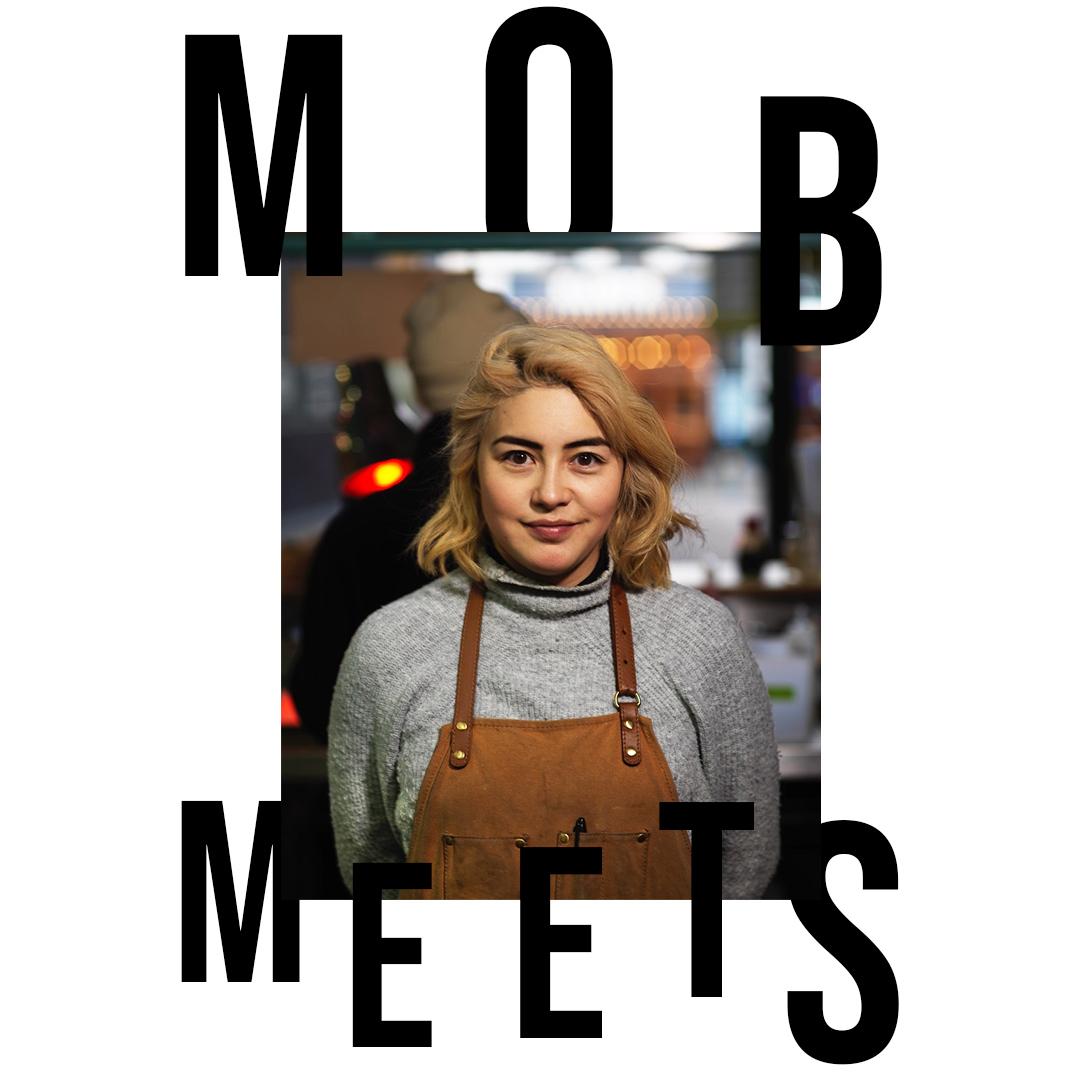First introduced to the world of professional kitchens through her successful stint on MasterChef in 2011, Elizabeth Haigh has turned a lifelong passion for food – and an upbringing spent around the smells of her’s mother cooking – into an impressive career and burgeoning culinary empire. Elizabeth helped earned Hackney cult restaurant Pidgin a Michelin star in its first year and, as the owner of Borough Market’s Mei Mei, she continues to feed Londoners with food that’s packed with comfort and flavour.
Born in Singapore and raised in Maidenhead, Elizabeth has always managed to tie her culture into the delicious plates she’s created over the years. The good news is that, with the release of her new cookbook Makan: Recipes from the Heart of Singapore, you’ve now got a chance to try out some of Elizabeth’s family recipes in your own home, too. We can't promise you'll be as good as Haigh, but you can sure as hell give it a go.
Makan, meaning 'to eat' or 'dinner time' in Malay, is a cookbook that's a celebration of Singapore’s diverse food culture. Elizabeth has drawn together recipes that have been handed down through many generations of her family and combined them with her own experience working at some of the UK’s top restaurants to create a cookbook full of individual recipes that underline what Singaporean food culture is all about. Which is a lot.
Whether it’s a fiery laksa, a gorgeous bowl of chilli crab fried tofu with spicy peanut sauce, or a miso apple pie that puts the logs of molten sugar that McDonald’s flogs to shame, Makan is stuffed with simple and delicious recipes that cooks of all levels can try out in the kitchen. We were lucky enough to sit down with Elizabeth before the release of her cookbook and find out a little more about what makes Singaporean cuisine so special.
